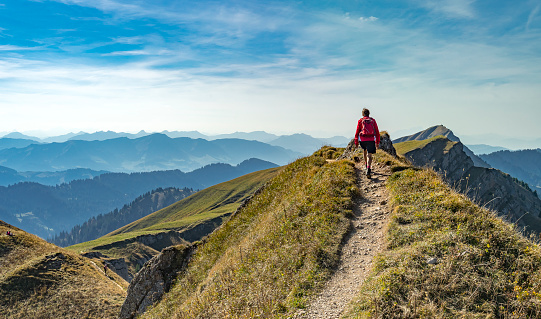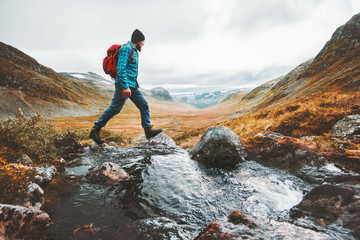
An MBA graduate from Boston College Carroll Graduate School of Management, finance professional R. Scott Bushley has more than two decades of finance experience. Scott Bushley’s free time pursuits include travel and hiking. Here are some fundamentals for beginning hikers.
To begin, avoid hiking with experienced hikers; you may not be able to keep up. Choose short treks with other beginners instead. It is advisable to start with a trail shorter than what you would walk on paved ground. After that, you can get a map of your chosen trail to acquaint yourself with its surroundings.
Pack light, especially essentials such as water, a first-aid kit, and appropriate clothing and footwear. What you wear will depend on the path you are hiking. It is also advisable to check the weather prediction a few hours or even minutes before your trek. This information can also assist you in selecting the appropriate attire and items to bring on your trip.
If you have never hiked before, embarking on a solo hike might be daunting, lonely, and even dangerous. Having hiking friends makes the experience considerably more adventurous, and they can also assist in an emergency. Also, keep your family or friends informed about your whereabouts regularly.



You must be logged in to post a comment.